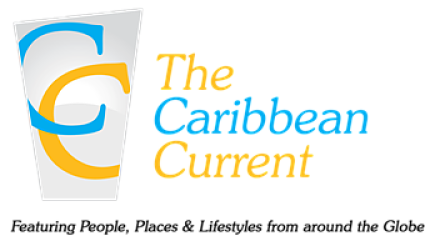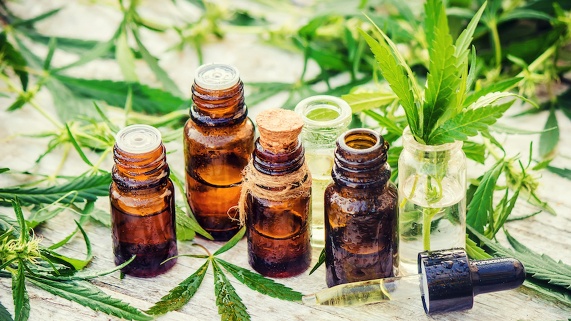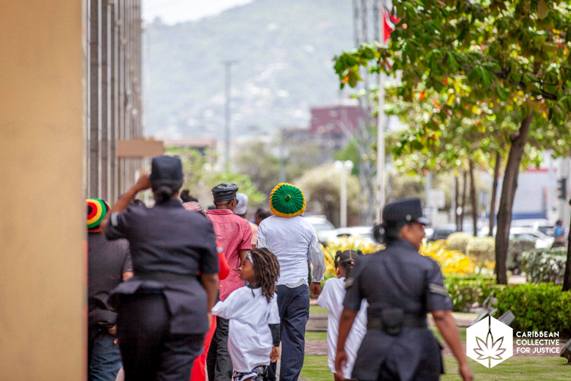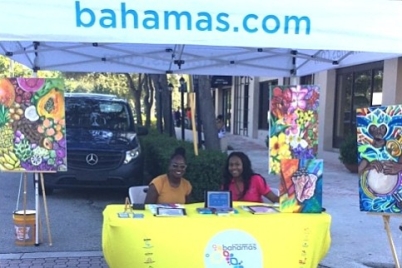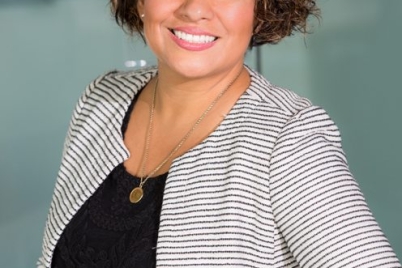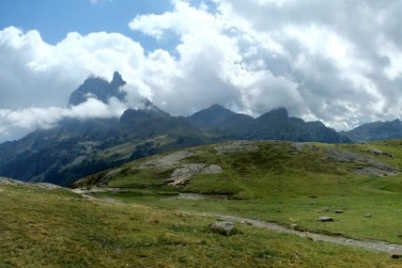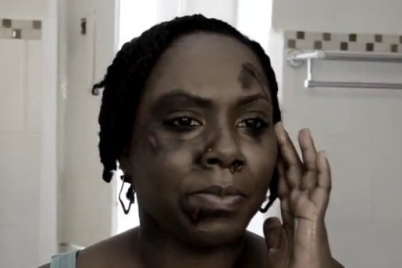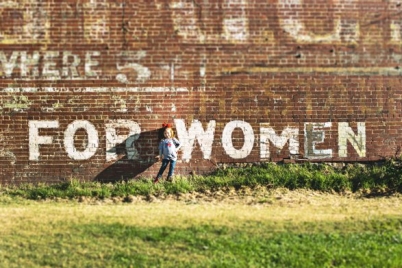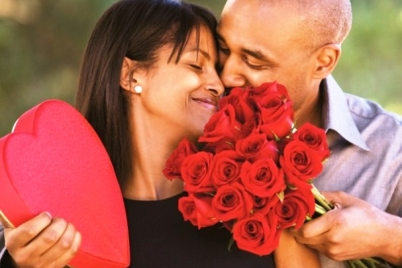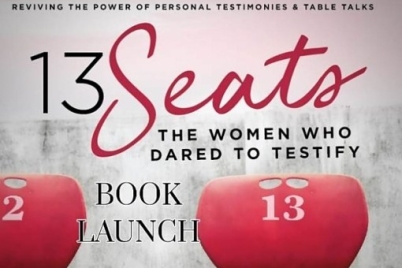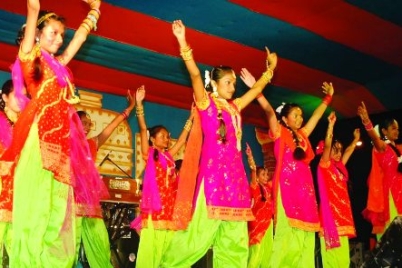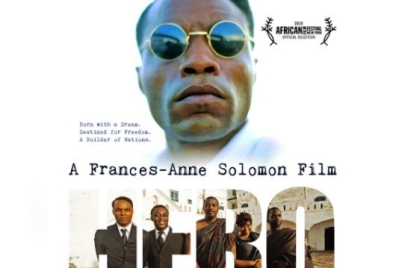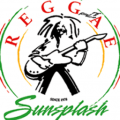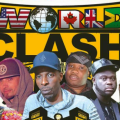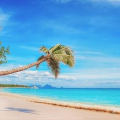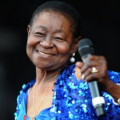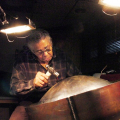Many of our young men, if speaking freely, would want to “Marry Wanna” and claim her as the girl of their dreams.

It’s little wonder then, marijuana, the herb being illegal in many Caribbean countries, leads to the arrest and or incarceration of many young males. Many in the legal fraternity, activists declaring the health benefits of this ‘marvelous’, marijuana have joined the bandwagon for its legalization. “Let’s Legalize the Herb!”; but, is it that simple for this region to embrace this sort of ‘go green’ movement when right alongside those who smoke green are those already addicted to the white substance, cocaine? Trinbagonian Poet, Jude Patrong, in “The Crack Babies” sheds some light:
“Jumbies emerge from refuse at dusk
rough warty skin floating on heights
drifting to their own cacophony
crack babies craving for a fix.”
Here we are at this point in time in our region working to fix the case of males being held for marijuana possession, and petty crime, but how do we fix the reality of addiction and substance abuse, with marijuana being a well-known gateway drug? Gateway drug meaning it, marijuana, simply acts as a starter drug for some, and a drug it is, even if we don it with the title ‘The Herb’.
Understanding the Reward
It is understood that with moves to manage crime in the Caribbean, legalization of marijuana is a sort of subtle reward for our young men who are living decently, contributing to society and simply would like to smoke their ‘ganja’ peacefully. On the contrary, this reward is a second-place reward system.
Smoking marijuana or cannabis, drinking caffeine or alcohol, taking sedatives are all drugs for one reason. These substances influence the biology and brain functioning by changing our mood and emotions.
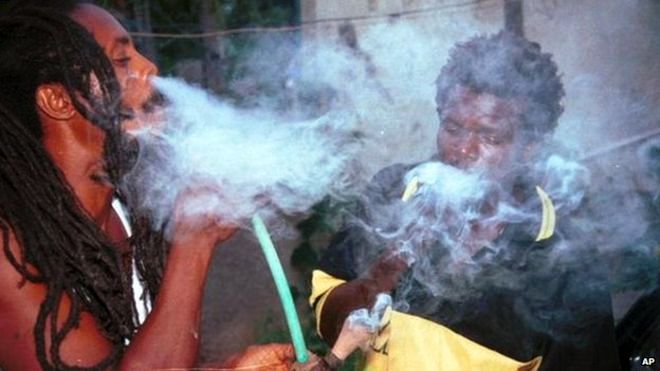
https://www.bbc.com/news/world-latin-america-30926714
So, when people testify about marijuana for pain relief, calming effects and general ‘feel good’; that’s the biology and brain getting more endorphins from ‘the herb’.
When some individuals find that they are more alert and so better able to function a while after smoking ‘the herb’, that’s the biology and brain getting some Norepinephrine. Norepinephrine (NE) also called noradrenaline (NA) or noradrenalin, is an organic chemical in the catecholamine family that functions in the brain and body as a hormone and neurotransmitter
Most importantly, when persons experience a pull, even a slight one, for another smoke, that is the release of dopamine, that triggers a brain response to seek out the pleasure experienced before, whether it was the relief of pain, feeling calmer, in a ‘better’ mood, more relaxed or more alert, and this is where the real danger begins.
Dangerous Dopamine
Even for a drug like cannabis that provides cannabis oil that many in the Caribbean have testified to helping their children with epileptic seizures, managing glaucoma, dealing with some symptoms of Schizophrenia after being diagnosed, pain relief during Cancer treatment and many other health benefits, there are definite dangers.
For us in the Caribbean, cannabis has become a sort of popular go-to ‘street-stress-therapy’; just ask a young male how he began smoking the herb. Chances are he would give his own version of “I just one day was hanging out with some partners, or on his own, decided to ‘chill out, cool his brain’ and smoke some weed”. Often, for many of these males, this is during early to mid-adolescence. Now, what we need to understand is that during adolescence the brain is changing and so it is during this time that many mental health concerns show themselves. The young person who then medicates with marijuana and gets relief might actually be hindering getting timely help.
Furthermore, changes in the brain during adolescence also highlight different tendencies and no two adolescents have the same personality tendencies. One of those tendencies is addictive behavior— “I smoked marijuana for years and I can control it”—might be very true for one young man. For another, after some years of marijuana use, he might find himself craving more intense drugs, all because his brain is hard-wired differently.
Let’s say throughout the Caribbean we legalize marijuana, how do we control for this? The fact is the dopamine centres in the brains of some of us are wired in such a way that predisposes us more to becoming addicted. The devil that is dopamine is such that what it does is get us addicted to the rewarding feeling, hence we feel, act, and think only about getting the reward of the drug, and the more that drug triggers those centers in the brain over time, the stronger the substance we need to give the same reward. As Trinbagonian poet, Jude Patrong put it in “The Crack Babies”:
“Squirming for the powder
gurgling for the bottle
gnashing of teeth to have the solid substance.”
Cannabis & the Caribbean
Admittedly, some Caribbean countries seemed to have considered these things and are approaching this whole matter of legalization in a very measured way.
Antigua and Barbuda have reportedly been drafting legislation to legalize recreational and medical marijuana sales under certain circumstances. Noteworthy, too, the government has already amended the Misuse of Drugs Act to state that “a person who is in possession of a maximum of 15 grams of the drug Cannabis or Cannabis resin is not guilty of an offense.” Thus, returning to the idea of safeguarding our upstanding young men who simply smoke the ‘herb’. Jamaica and Belize have also moved for allowing the use of marijuana in small amounts, with Jamaica having legalized medical marijuana. Puerto- Rico also initiated medical marijuana dispensaries at the start of 2017.
Also, for some in the Caribbean it is not only medicinal, or for recreational use, but a matter of religious practices, as is the case with the strong Rastafarian community in Jamaica and some other regional territories.
Jamaican performing artiste, Marlon Asher has a song celebrating ‘ganja’ called “ganja farmer” which might be considered prolific in some ways with Jamaica now, allowing farmers to legally grow cannabis for medical, scientific or therapeutic purposes according to guidelines of the Cannabis Licensing Authority. However, Asher might have to change some of his lyrics. However, it is this same ‘ganja farming’ that some are skeptical of. Why? Once upon a time, the Caribbean was the hub of sugar plantations that exported to global markets. Today, with the legalization of marijuana going on across the globe, would the Caribbean again find itself becoming the hub of production from big external investors but at a high price.
It is no wonder then that some Caribbean leaders are taking time to explore the many implications of decriminalizing this beloved green herb and then legalizing it with some limitations
Another concern too, noted by BBC World News is that “Caribbean countries have been battling the impact of drug trafficking and drug use for decades…Cocaine and marijuana produced in the region are transported through many countries, their citizens turned into consumers by the trade.” Supposedly this trend began in the 1970s with Colombia being the main source. However, it has been noted that links built with the United States and Western Europe, coupled with how the Caribbean’s coastline is monitored, provided opportunities for cocaine traffickers to expand the market throughout the 1980s and beyond.
Therefore, it is worth considering how do we protect our vulnerable youth who would now have easy access to go green and chill by smoking the herb. How do we protect those of them pre-disposed to abuse the marijuana, become addicted, and eventually ‘graduate’ to the more intense-dopamine producing, ‘white’ drug?
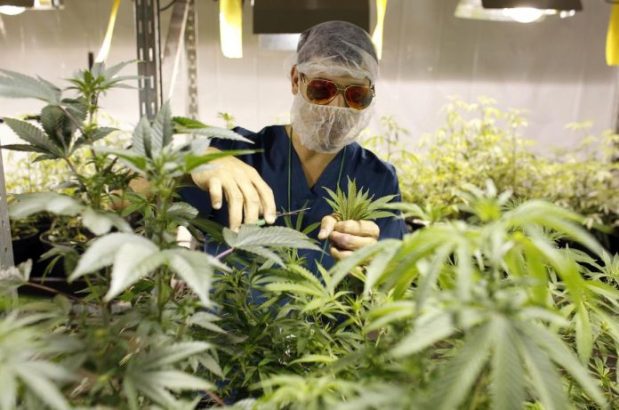
https://www.newsamericasnow.com/marijuana-news-another-caribbean-country-looks-to-legalize-ganja/
Managing Marijuana
A St. Lucia group is calling on the government to pick up the pace and legalize marijuana. The Caribbean Collective for Justice has its initial agenda as campaigning to legalize and establish a regulated market within CARICOM for cannabis and hemp.
The idea of the nuisance to law enforcement of having to arrest someone for small amounts of marijuana might well be the one point heavily driving its legalization. The idea of the crops marijuana and hemp crops becoming ‘cash crops’ might be up for debate given the general trends in the Caribbean. One might want to ask, cash for who and at what rates of return for the home-countries? Furthermore, of course with our global appreciation of human rights, the Caribbean can hardly feel good with its laws indirectly discriminating against the Rastafarian sacramental use of marijuana. Yet, even with all this, careless decriminalization might sacrifice some of our vulnerable youth, male and female alike.
So should we talk about educating our youth on the pros and cons of marijuana use, since the legalization of it must mean we have accepted its benefits? Also, how would the vulnerable youth know if they are at risk or not? Should we simultaneously be promoting awareness of mental health and adolescence? These might be some questions that governments could find the time to ask and answer as they supposedly ‘drag their feet’ on decriminalizing? Surely, the law is not a game of football where we can score a point for legalization today and retract by scoring quickly against and retracting the law.
For the Marijuana Commission then to state that “the law on cannabis/ marijuana is clearly an issue of deep social significance to Caribbean peoples” is by no means an understatement. This regional Commission, established in March 2014 and headed by Prof. Rose-Marie-Bell Antoine, Dean of the Faculty of Law, University of the West Indies, St. Augustine Campus, comprises practitioners with expert knowledge in a variety of disciplines such as medicine and allied health, health research, law enforcement, ethics, education, anthropology, sociology, and culture.
As a region with all its complexities, we look forward to the Commission to help us to better understand all the shades of gray as we consider going green with this herb so that we will be able to pull and draw out all its benefits while exhaling its potential negative effects.
By Kerriann Toby
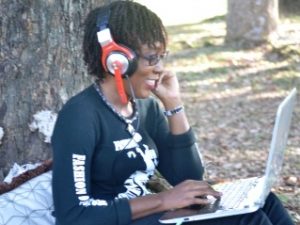 Kerriann Toby is a dynamic therapist currently pursuing her Doctorate of Psychology (PsyD). She is a member of the Canadian Counselling and Psychotherapy Association (CCPA) and has trained as a cyber counsellor. Her areas of experience, expertise, and interest include child development, sexual and reproductive health, gender-related matters, marriage and family life, and promoting the idea of positive psychology, using strengths to support mental health and wellbeing. Visit her Wellness Blog www.karryonservices.com/blog or Facebook: Karry Morph https://www.facebook.com/ongoingProgressiveMovements/
Kerriann Toby is a dynamic therapist currently pursuing her Doctorate of Psychology (PsyD). She is a member of the Canadian Counselling and Psychotherapy Association (CCPA) and has trained as a cyber counsellor. Her areas of experience, expertise, and interest include child development, sexual and reproductive health, gender-related matters, marriage and family life, and promoting the idea of positive psychology, using strengths to support mental health and wellbeing. Visit her Wellness Blog www.karryonservices.com/blog or Facebook: Karry Morph https://www.facebook.com/ongoingProgressiveMovements/
